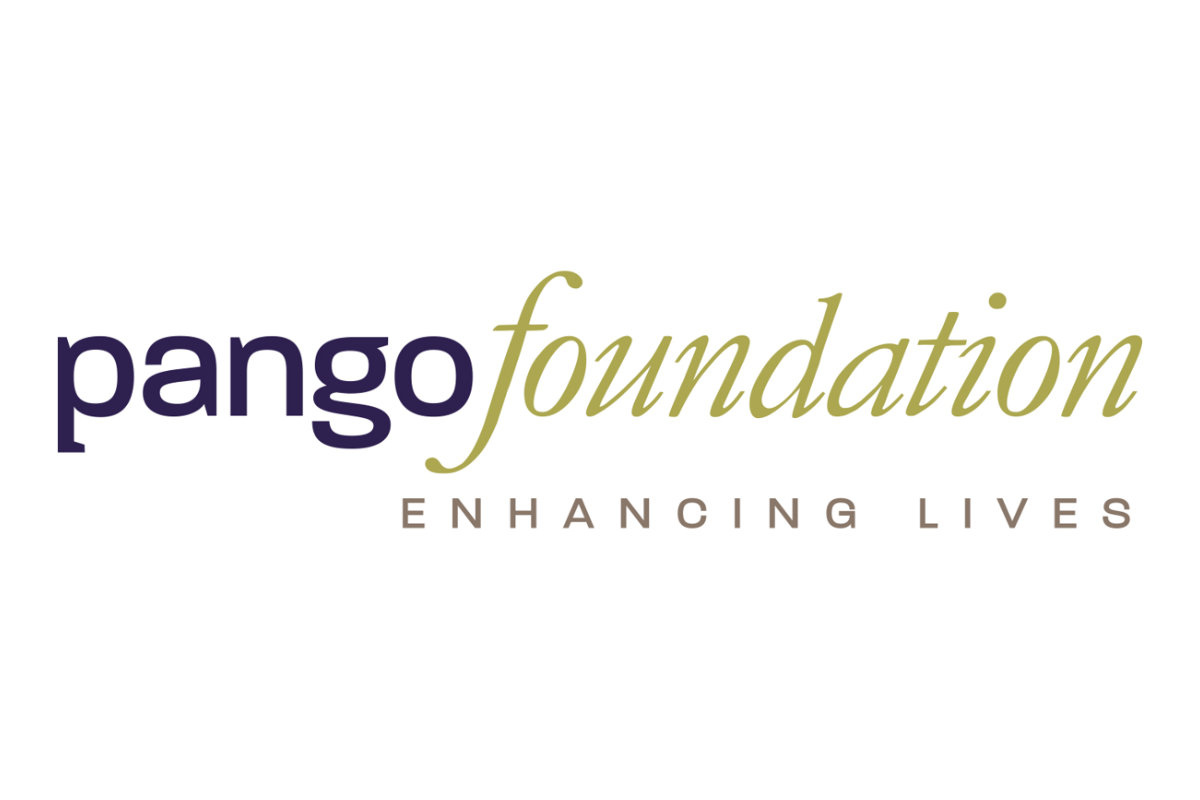Trust, or escrow, accounts are used in many different business activities, making them confusing for consumers, especially home buyers. The purchasing process can quickly become overwhelming for homebuyers when it comes to the exchange of monies because there are various players involved.
Escrow, and more specifically the escrow account, plays a significant role in the home buying process.
So, we wanted to address this question: what is the difference between a trust and escrow account?
On the surface, a trust account is the exact same as an escrow account. An owner deposits their funds via a third-party as a deposit or prepayment for a specific item, like mortgage insurance. But the term can also refer to a trust account that has been set-up for estate planning reasons. In this case, the account houses funds that are designated for beneficiaries, often minors.
As far as escrow accounts go, funds are deposited into a bank account and are managed by an escrow agent during the home buying process. Once the contract terms of the sale have been agreed upon and satisfied, these funds become payable to the home seller. Escrow is a tremendous asset to both the buyer and seller in a real estate transaction.
The Main Difference In Terms
The term “trustee” is used during a real estate transaction because the escrow agent acts as a non-biased, third-party to the transaction, thus preserving the interest of all involved parties. This can cause confusion when the terms “trust” and “escrow” are used interchangeably.
So, what’s the difference?
A trust account actually functions in a very different way. They are usually established for one of two reasons:
- They are opened by a trustee to hold trust funds that are payable upon certain terms being met, like a death in the family or a marriage.
- They are created to hold “in trust” a sum of money that becomes payable when services are rendered in the future, like for an attorney who is held on retainer.
Escrow and trust accounts do function pretty similar in terms of banking, so it’s easy to see how easily the terms can be confused when it comes to a real estate transaction. If you have questions about the escrow process or would like additional clarification about these terms, please feel free to contact us.
Our team is here for you. Please reach out if we can assist you with an escrow or if you have any questions about our services.



